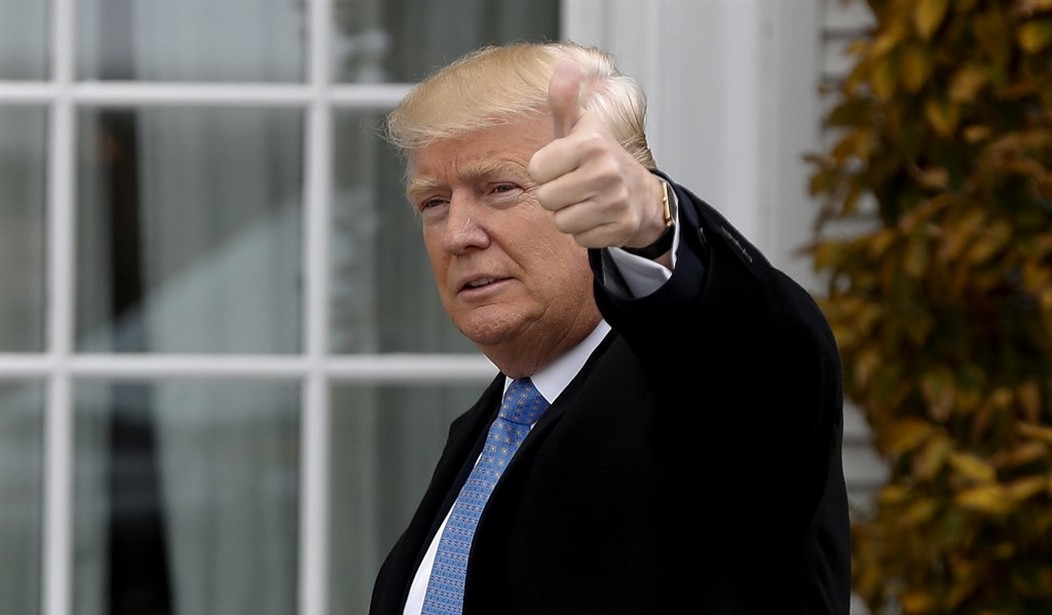While all eyes have been on the vacant Supreme Court seat, President-elect Donald Trump will also have a chance to shape the future of federal and district courts across the country.
According to The Washington Post, there are 103 judicial vacancies Trump will inherit on January 20, which is nearly twice the amount President Obama found upon taking office.
Confirmation of Obama’s judicial nominees slowed to a crawl after Republicans took control of the Senate in 2015. Obama White House officials blame Senate Republicans for what they characterize as an unprecedented level of obstruction in blocking the Democratic president’s court picks.The result is a multitude of openings throughout the federal circuit and district courts that will allow the new Republican president to quickly make a wide array of lifetime appointments.
State gun control laws, abortion restrictions, voter laws, anti-discrimination measures and immigrant issues are all matters that are increasingly heard by federal judges and will be influenced by the new composition of the courts.
“I’m optimistic he’ll come at this right out of the gate,” Carrie Severino, chief counsel and policy director of the Judicial Crisis Network, told the Post.
“Every president can expect to make a huge impact,” Severino added. “[Trump] is unique in having campaigned really hard on this issue — the significance of the courts, and of the Supreme Court in particular.”
Recommended
Though Trump hardly spoke about the many vacancies on lower courts, he did vow to fill the vacant Supreme Court seat with someone who has “similar views, principles and judicial philosophies” as Antonin Scalia.
But whether his nominations get confirmed is a different story.
[D]espite a slim Republican majority in the Senate, which confirms judicial nominees, the nomination process will likely prove acrimonious, with Democrats taking a page from the GOP playbook and pushing back hard on potential appointees.
Per Senate tradition, nominees are only considered for confirmation if both of a nominee’s home state senators support the appointment. With 28 states currently represented by at least one Democratic senator, the situation is ripe for a tremendous amount of high-stakes bargaining.
As Russell Wheeler, a judicial nominations expert at the Brookings Institution, told the Post: “The president doesn’t always get exactly who he wants.”

























Join the conversation as a VIP Member